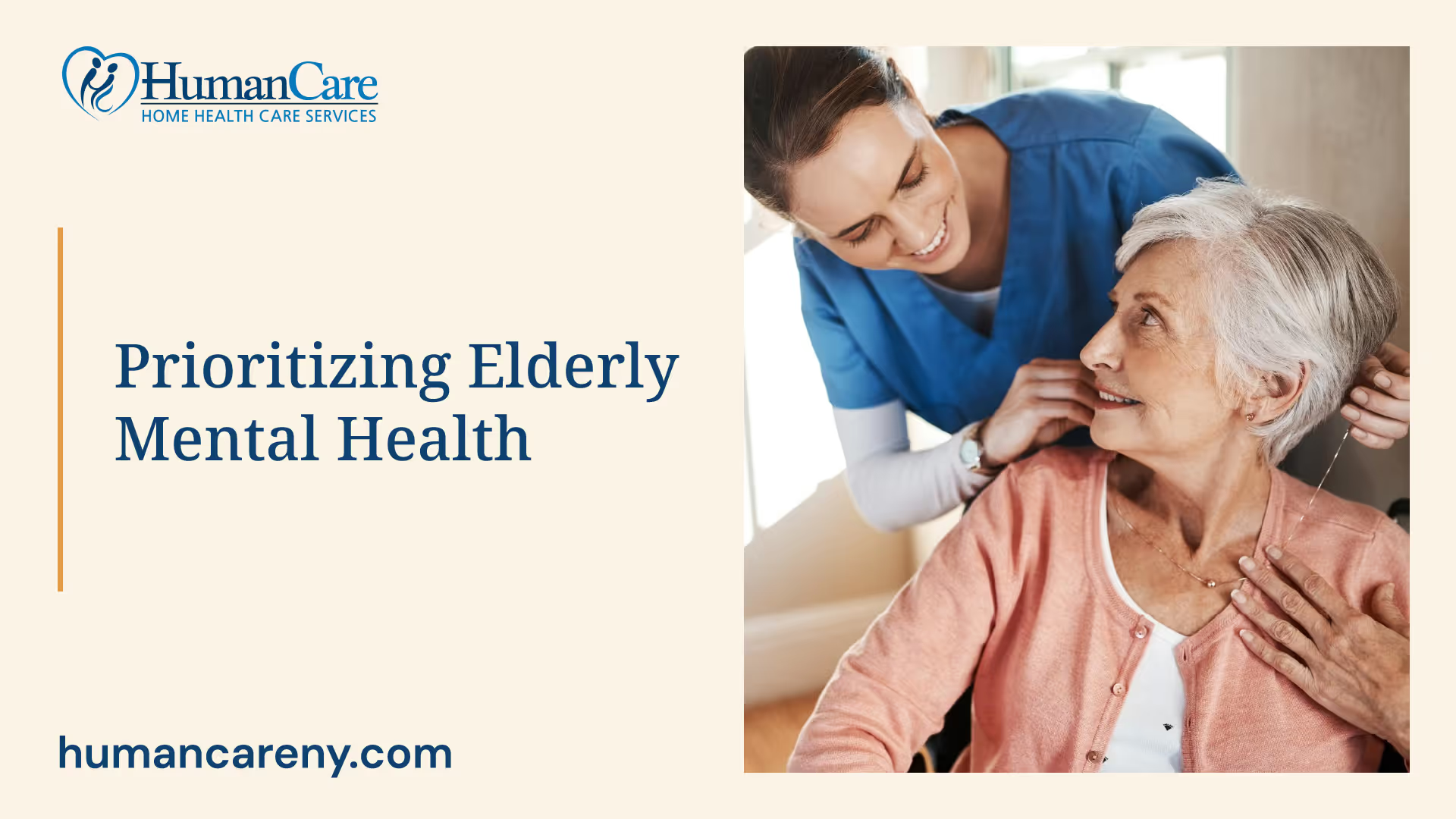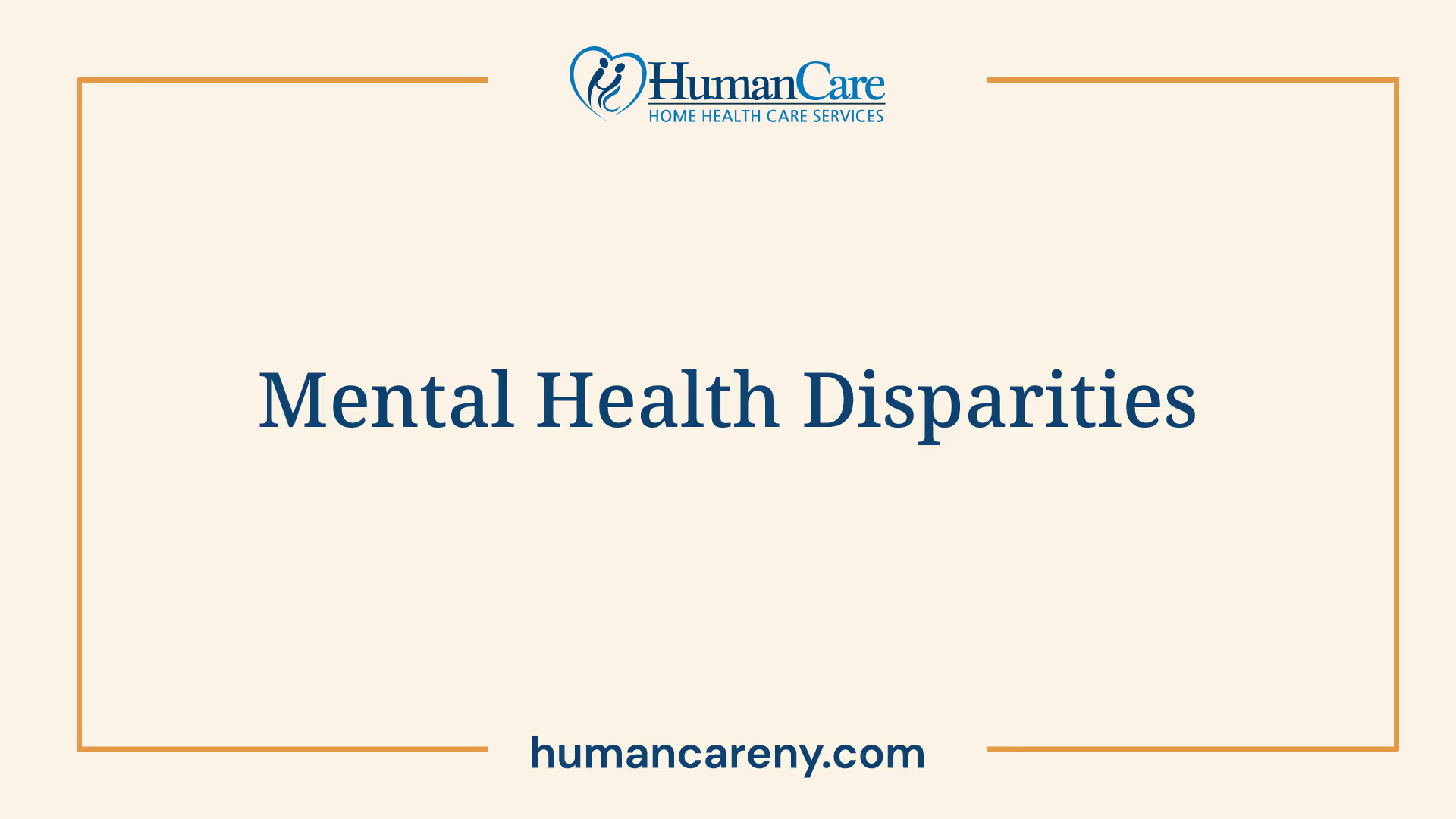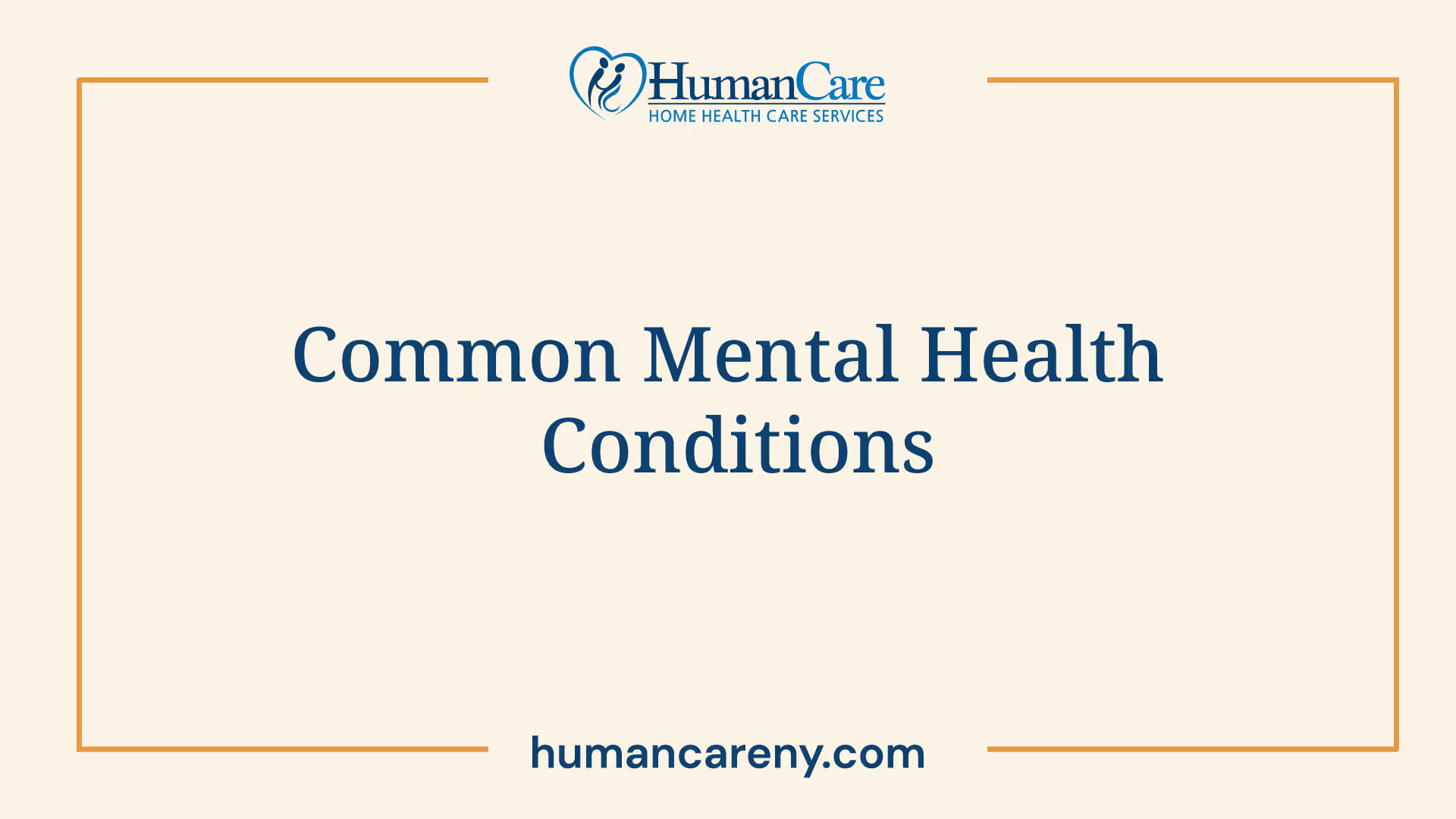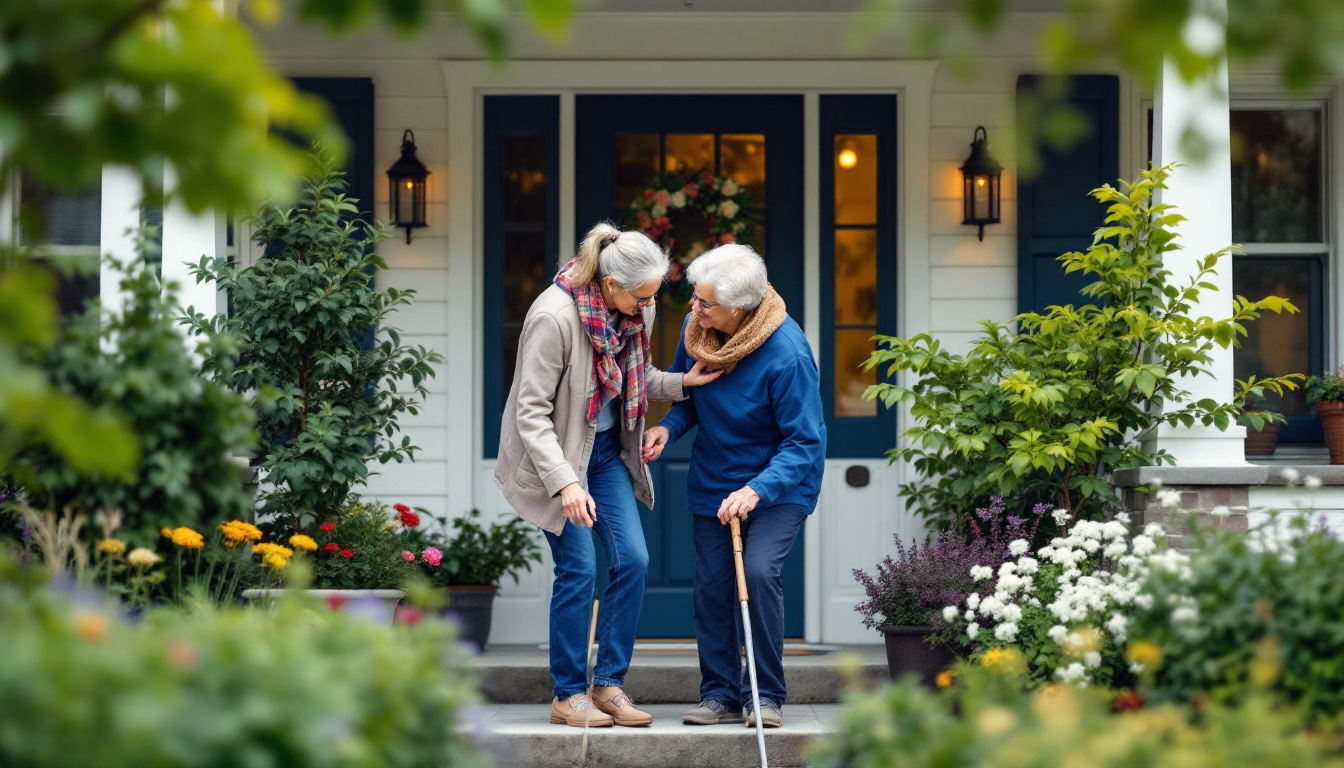Prioritizing Elderly Mental Health
Prioritize elderly mental health for resilience! Explore strategies and disparities in support. Learn more about elderly mental health.

Understanding Elderly Mental Health
Mental health is a crucial aspect of overall well-being, and this holds true for individuals of all ages, including the elderly. Understanding the unique challenges faced by older adults is essential in providing adequate support and care. This section will explore the impact of social isolation and highlight vulnerable groups in elderly mental health.

Impact of Social Isolation
Social isolation can have a profound effect on the mental health of older adults. According to the Centers for Disease Control and Prevention (CDC), social isolation is associated with about a 50% increased risk of dementia and other serious medical conditions among older adults in the United States.
Feelings of loneliness and social isolation are prevalent among older adults. In fact, more than one-third of adults aged 45 and older report feeling lonely, and nearly one-fourth of adults aged 65 and older are considered to be socially isolated. The lack of social connections can lead to a decline in mental well-being, contributing to depression, anxiety, and other mental health conditions.
Vulnerable Groups
Certain groups within the elderly population are particularly vulnerable when it comes to mental health and social isolation. Immigrant, LGBT populations, minorities, and victims of elder abuse are highlighted as vulnerable older adults experiencing loneliness. These individuals may face unique challenges and stressors that contribute to social isolation.
For example, Latino immigrants and first-generation immigrants often experience stressors that can increase their social isolation, such as language barriers, differences in community, family dynamics, and new relationships that lack depth or history [1]. It is important to recognize and address the specific needs of these vulnerable groups to ensure their mental well-being is prioritized.
To support the mental health of older adults, healthcare systems are recommended to assess patients at risk for loneliness or social isolation using tools like the Berkman-Syme Social Network Index and the three-item UCLA Loneliness Scale. By identifying individuals at risk, healthcare providers can connect them to community resources and support networks to help combat social isolation and promote mental well-being [1].
Understanding the impact of social isolation and recognizing vulnerable groups is vital in addressing the mental health needs of the elderly. By implementing strategies to combat social isolation and promote connection, we can work towards ensuring that elderly individuals receive the mental health support they require. For more information on mental health support for the elderly, check out our article on mental health support for the elderly.

Mental Health Disparities
When addressing elderly mental health, it is important to recognize that mental health disparities exist within different populations. Racial and ethnic variances, as well as cultural beliefs and treatment preferences, can significantly influence the mental health experiences of older adults.
Racial and Ethnic Variances
Studies have shown that African-Americans, Asian-Americans, Latinos, and Non-Latino Whites may have differing beliefs regarding the causes of mental illness and approaches to treatment. Understanding these variances is crucial for providing culturally sensitive and appropriate mental healthcare.
- African-Americans tend to view mental illness as caused by stress and loss, while Asian-Americans believe that family issues, medical illness, and cultural differences contribute to mental illness. Latinos attribute mental illness to the loss of family and friends, family issues, and moving to a different place.
- Treatment preferences also vary among different racial and ethnic groups. African-Americans may seek spiritual advice to address mental health issues, while Latinos often endorse a preference for medications. Asian-Americans, on the other hand, do not show a clear preference for a specific treatment modality over non-Latino Whites.
- Additionally, the characteristics desired in healthcare providers differ among racial and ethnic groups. African-Americans express a greater preference for healthcare providers who understand their culture, while Asian-Americans indicate a greater preference for healthcare providers who share their racial or ethnic background [2].
Recognizing these racial and ethnic variances is essential for healthcare professionals to provide tailored and effective mental health support to elderly individuals from diverse backgrounds. By understanding and respecting these differences, healthcare providers can foster trust, communication, and better outcomes in mental health treatment.
Cultural Beliefs and Treatment Preferences
Cultural beliefs and treatment preferences play a significant role in shaping the mental health experiences of older adults. These beliefs and preferences are influenced by cultural values, traditions, and societal norms. It is essential to consider cultural factors when providing mental healthcare to elderly individuals.
For example, some cultural groups may prioritize traditional healing practices or seek guidance from spiritual leaders when faced with mental health challenges. Others may hold stigmatizing attitudes towards mental illness, which can prevent individuals from seeking help. Cultural competence in mental health care involves acknowledging and respecting these beliefs and preferences, integrating them into treatment plans, and providing appropriate resources and support.
By addressing the racial and ethnic variances and understanding cultural beliefs and treatment preferences, healthcare professionals can take a more holistic and patient-centered approach to elderly mental health. This approach promotes inclusivity, reduces disparities, and ensures that mental health services are accessible and effective for all individuals, regardless of their cultural background.

Common Mental Health Conditions
As individuals age, it is essential to pay attention to their mental well-being. Older adults can experience various mental health conditions, with two of the most common being depression and anxiety. Additionally, addressing suicide risk and prevention is crucial for promoting the mental health of the elderly.
Depression and Anxiety
Depression and anxiety are prevalent mental health conditions among older adults. According to the World Health Organization (WHO), around 14% of adults aged 60 and over live with a mental disorder, with depression and anxiety being the most common conditions in this age group.
Depression in older adults may manifest differently from younger individuals. It can be accompanied by physical symptoms such as fatigue, loss of appetite, and sleep disturbances. Feelings of sadness, hopelessness, and a lack of interest in previously enjoyed activities are also common. Anxiety, on the other hand, can lead to excessive worrying, restlessness, and a sense of unease.
It's important to note that depression and anxiety are not a normal part of aging and should be taken seriously. If left untreated, these conditions can significantly impact an individual's quality of life. Seeking professional help from a healthcare provider is vital for appropriate diagnosis and treatment options.
Suicide Risk and Prevention
Suicide risk among older adults is a significant concern. Globally, around a quarter of deaths from suicide (27.2%) occur in people aged 60 or over. Factors such as social isolation, loneliness, and the presence of mental health conditions contribute to the increased risk.
Preventing suicide among older adults requires a comprehensive approach. Recognizing warning signs, such as expressing thoughts of suicide, giving away possessions, or withdrawing from social activities, is crucial. Encouraging open and supportive communication can help individuals feel comfortable discussing their emotions and seeking help when needed.
Creating a supportive environment for older adults is essential in suicide prevention. This includes fostering social connections, providing access to mental health services, and educating caregivers and healthcare professionals about the signs of distress and appropriate interventions.
It's important to remember that mental health conditions are treatable, and support is available. If you or someone you know is struggling with depression, anxiety, or thoughts of self-harm, reach out to a mental health professional or a helpline in your country. For more information on mental health support for the elderly, visit our article on mental health support for the elderly.
Contributing Factors
Several factors can contribute to the mental health of elderly individuals. Two significant factors include caregiver stress and living conditions and health access.
Caregiver Stress
Many older adults take on the role of caregivers for their spouses or other family members with chronic health conditions, such as dementia. While caregiving can be a rewarding experience, it can also lead to overwhelming responsibilities and increased stress levels for the caregiver. The relentless demands of caregiving can negatively impact the mental health of older adults.
The physical and emotional toll of providing care can lead to caregiver burnout, anxiety, and depression. It is crucial for caregivers to prioritize their own well-being and seek support when needed. Engaging in self-care activities, seeking respite care, and accessing support groups can help caregivers manage their stress levels and maintain their mental health.
Living Conditions and Health Access
The living conditions and access to healthcare can significantly influence the mental health of older adults. Chronic diseases, such as cardiovascular diseases, cancer, musculoskeletal diseases, and chronic obstructive pulmonary disease, are prevalent among older adults and can negatively affect their psychological well-being [4]. The burden of these chronic conditions can contribute to a higher prevalence of depressed mood and other mental health issues.
Physiological changes associated with aging, such as muscle and bone loss, sensory deficits, and cognitive deficits, can lead to a decline in mobility, frailty, and disability. These changes can impact the autonomy and independence of older adults, which in turn can affect their mental health.
Life events related to aging, including bereavement, loneliness, social isolation, and decreased finances after retirement, can also contribute to the psychological burden and adverse mental health outcomes in older adults [4]. Older adults living in dire conditions, lacking access to essential resources, or facing poor physical health are particularly vulnerable to depression, anxiety, and other mental health challenges [3].
Improving living conditions, ensuring access to quality healthcare and support services, and addressing social determinants of health are crucial in promoting the mental well-being of older adults. This includes providing adequate housing, social support, and financial resources to help older adults maintain their mental health and overall well-being.
Understanding these contributing factors is essential in developing effective strategies and interventions to support the mental health of older adults. By addressing caregiver stress and improving living conditions and health access, we can create an environment that promotes positive mental health outcomes for this vulnerable population. For more information on mental health support for the elderly, visit our article on mental health support for the elderly.
Strategies for Mental Health Support
Supporting the mental health of elderly individuals requires a multifaceted approach that includes both promotion and prevention strategies, as well as the creation of supportive environments. By implementing these strategies, we can help improve the well-being and resilience of older adults.
Promotion and Prevention
Mental health promotion and prevention strategies for older adults focus on supporting healthy aging by creating physical and social environments that support well-being [3]. Here are some key strategies:
- Social Connection: Social isolation and loneliness are significant risk factors for mental health conditions in later life. Encouraging social connection and community engagement plays a crucial role in reducing these risk factors. Health care systems can assess patients at risk for loneliness or social isolation using tools like the Berkman-Syme Social Network Index and the three-item UCLA Loneliness Scale, and connect them to community resources for help.
- Physical Activity: Regular physical activity has been shown to have positive effects on mental health. Encouraging older adults to engage in age-appropriate physical activities, such as walking, swimming, or tai chi, can improve their mental well-being and overall quality of life.
- Education and Awareness: Promoting mental health literacy among older adults and their caregivers can help reduce stigma and increase awareness of common mental health conditions. Providing educational materials, workshops, and support groups can empower older adults to seek help when needed.
Creating Supportive Environments
Creating supportive environments is crucial for promoting mental health and well-being in older adults. Here are some strategies to consider:
- Accessible Mental Health Services: Ensuring that mental health services are easily accessible and tailored to the needs of older adults is essential. This includes training mental health professionals in geriatric care and providing specialized services for common mental health conditions in the elderly, such as depression and anxiety.
- Community Engagement: Encouraging community organizations, senior centers, and other local resources to develop programs and activities specifically designed to support the mental health of older adults can foster a sense of belonging and social connection.
- Addressing Health Disparities: Recognizing and addressing mental health disparities among older adults is crucial. Racial and ethnic minorities may face additional barriers to accessing mental health services. Efforts should be made to reduce these disparities and ensure equitable access to care.
By implementing these strategies, we can create an environment that promotes the mental well-being of older adults. It is important to emphasize that mental health support for the elderly is a collaborative effort involving healthcare professionals, caregivers, community organizations, and society as a whole. Together, we can help elderly individuals age with resilience and prioritize their mental health.
For more information on mental health support for the elderly and other related topics, visit our articles on Mental Health Support for the Elderly, Mental Illness Disability in NY Guide, Adapting to Personality Changes in the Elderly.




























































































